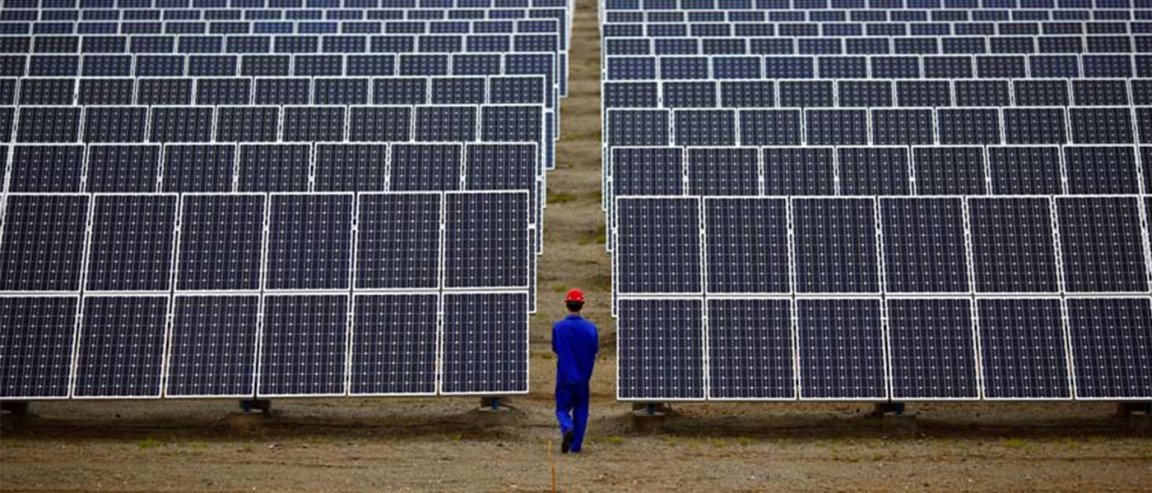
Free Electricity and Free Money
Recently, we told you how Germany was able to run on 95% renewable energy due to exceptionally favorable weather conditions. Apparently, so much electricity was generated that prices went negative—meaning they “owe” people for using electricity.
As Quartz notes, “The system is still too rigid for power suppliers and consumers to respond quickly to price signals. Though gas power plants were taken offline, nuclear and coal plants can’t be quickly shut down, so they went on running and had to pay to sell power into the grid for several hours, while industrial customers such as refineries and foundries earned money by consuming electricity.”
The country hopes to run on 100% pure renewable energy by 2050, which would cut down carbon dioxide emissions by 95 percent. Production through its nuclear and coal power plants still provides 40% of Germany’s electricity supply as a stable power source while the country transitions into renewable energy, in its movement, Energiewende.
Last Sunday, the combined energy generated by renewable sources and the coal and nuclear plants went so far up that they were forced to pay people just to use electricity during the spike. This helps show that renewable energy can significantly bolster energy needs. To that end, the government wants to push for a stricter European emissions trading system and is also rethinking whether there should be more levy on petrol, oil, and gas in order to push green technologies farther.
Christoph Podewils, Director of Communication of Agora Energiewende, which develops scientific and politically feasible approaches to ensure Energiewende’s success says, “The power system adapted to this quite nicely. This day shows again that a system with large amounts of renewable energy works fine.”
Some People Are Against It, Seriously?
While some argue that Energiewende is a threat and may bring their economy down, energy economist from The Battle Group in Boston Jürgen Weiss thinks these concerns are unfounded. “My sense is that the impact of the Energiewende on competitiveness has been exaggerated,” he says.
Moreover, the planet is probably a little less important than, oh, the entire planet.

According to Clean Energy Wire, “since Germany’s renewed commitment to phase out nuclear power after the disaster in Fukushima, Japan, its exports have increased by 17 percent in real terms. Output from manufacturing rose by around 10 percent between the end of 2010 and 2014, employment in the manufacturing industry was up 7 percent and overall more people are in work in Germany than ever before and unemployment is falling despite strong immigration.”
So. Things in Germany are looking rather sunny.